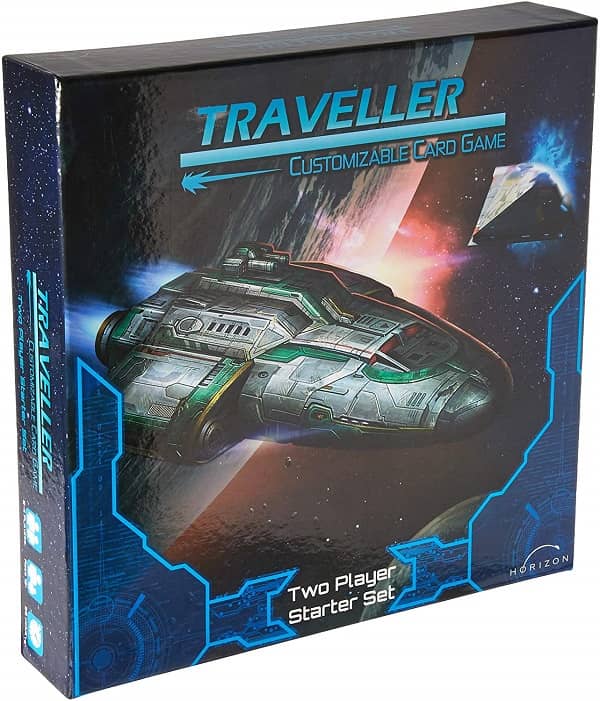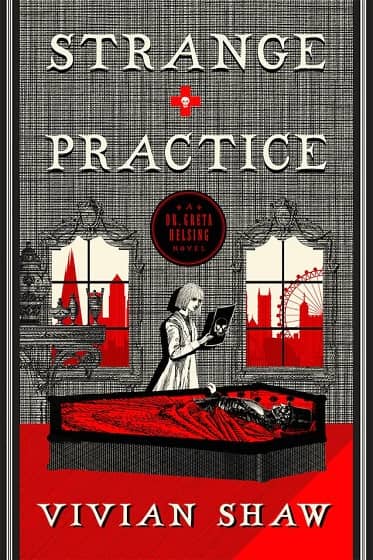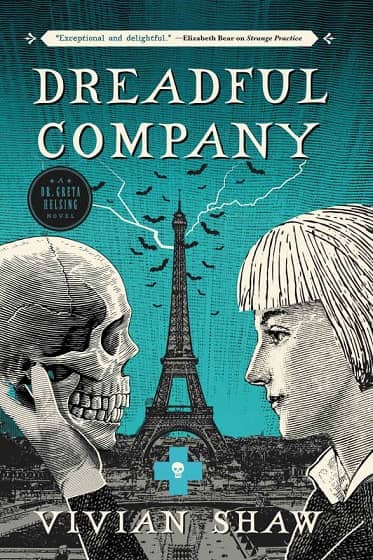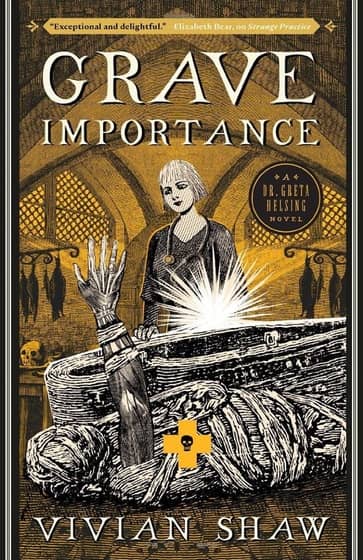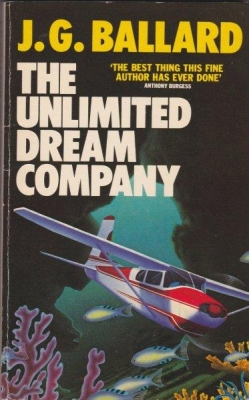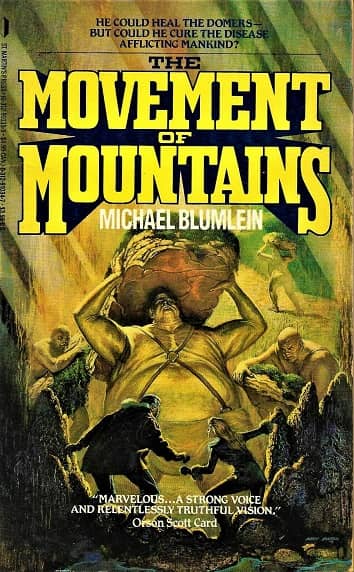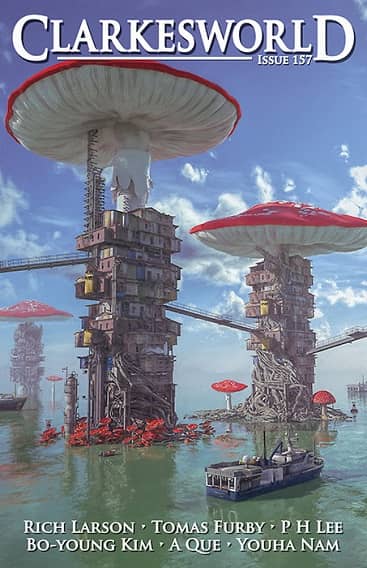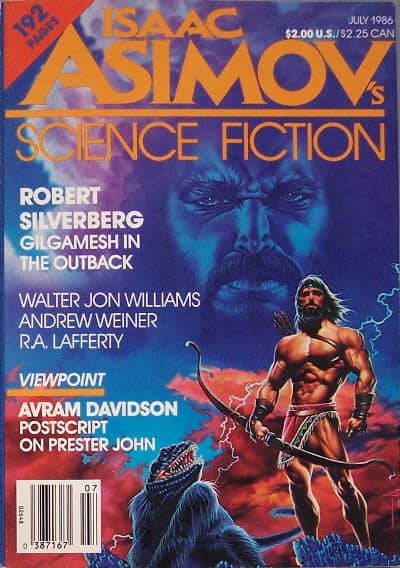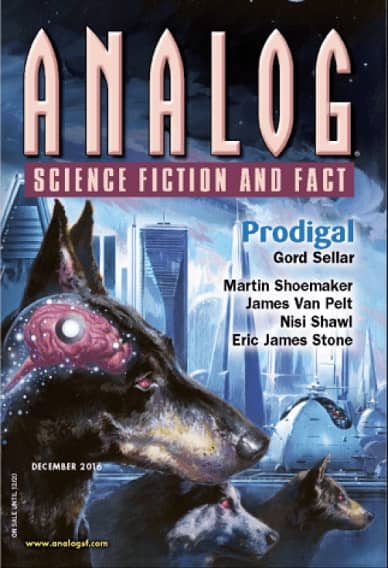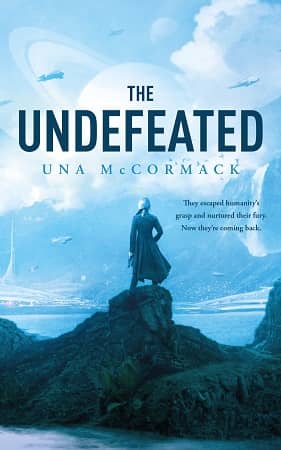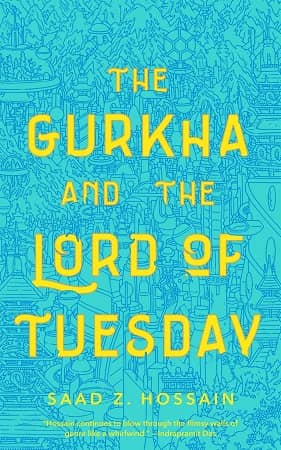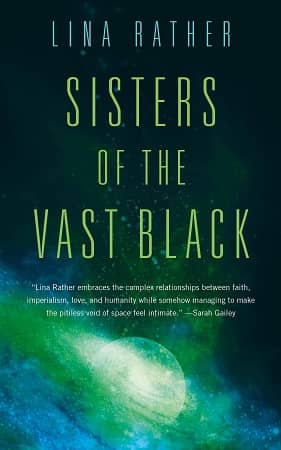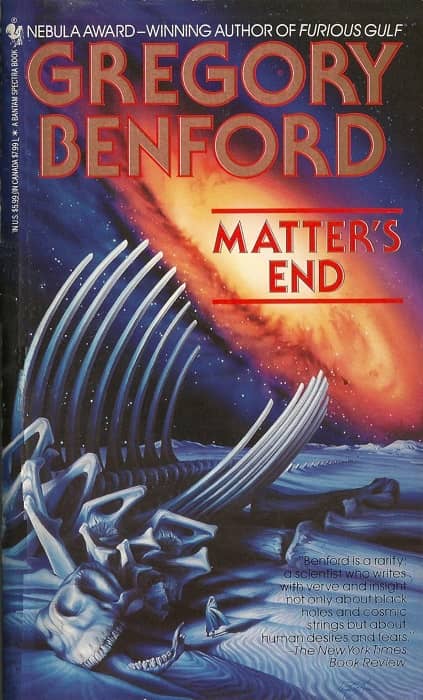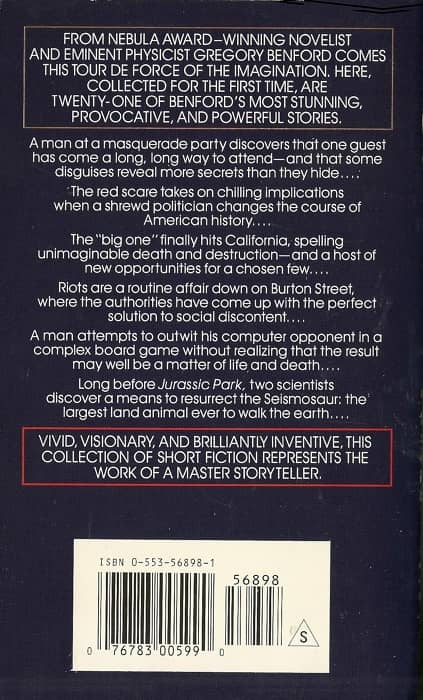Future Treasures: The Best of Jerry Pournelle edited by John F. Carr
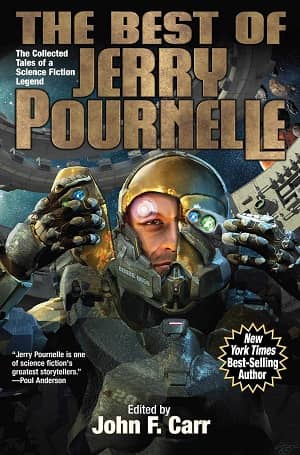 Jerry Pournelle was the author of the Falkenberg’s Legion series, including one of my favorite military SF novels, West of Honor (1976), as well as Janissaries, and dozens of other novels. He’s perhaps best remembered for his bestselling collaborations with Larry Niven, including The Mote in God’s Eye (1974), Lucifer’s Hammer (1977), and Footfall (1985), which contains a barely-disguised Robert A. Heinlein as a character. He died in 2017.
Jerry Pournelle was the author of the Falkenberg’s Legion series, including one of my favorite military SF novels, West of Honor (1976), as well as Janissaries, and dozens of other novels. He’s perhaps best remembered for his bestselling collaborations with Larry Niven, including The Mote in God’s Eye (1974), Lucifer’s Hammer (1977), and Footfall (1985), which contains a barely-disguised Robert A. Heinlein as a character. He died in 2017.
Pournelle was a controversial figure in SF. He was one of the writers who paid to have a pro-Vietnam War proclamation in Galaxy Science Fiction in 1968, and he described his politics as “somewhere to the right of Genghis Khan.” His novels, like The Legacy of Heorot (1987, written with Steven Barnes and Larry Niven) contain heroes who stroke their rifle lovingly, noting that they’ve never cared for a woman as much as they care for their guns. They contain lines that will make you drop the book on your foot.
Still, he was a tireless editor and short story writer. His anthologies include 2020 Vision (1974), a book that looked 46 years into the future, at the distant year 2020; Black Holes (1978), still one of the best introductions to the enigma of black holes in SF; the long-running Far Frontiers series (seven volumes, edited with Jim Baen), and ten volumes of a gonzo series that looked forward to future conflicts with near-sexual desire, There Will Be War (1983-2015).
Pournelle is not for everyone. Obviously. But he did produce some fine short fiction, much of it still worth a look today. Baen Books will release The Best of Jerry Pournelle next week, a fat 576-page collection gathering 15 stories — including a 162-page novella previously only available as an e-book, The Secret of Black Ship Island (2012, written with his long-time collaborators Steven Barnes & Larry Niven), and two previously unpublished stories.
It also contains some of Pournelle’s non-fiction (the preface to There Will be War, Volume I), and tributes by Larry King, David Gerrold, Larry Niven, Steven Barnes, and Robert Gleason.
Here’s the description, and the complete Table of Contents.
